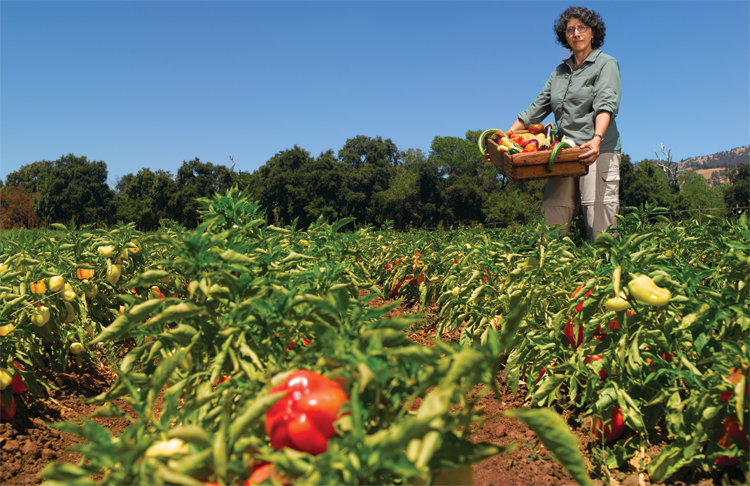

Welcome to the future of food
What if we could produce enough food to feed everyone on the planet in an area the size of Rhode Island? That’s the plan of a new nutrient production company. Welcome to the future of food.
, a stealth startup based in Cambridge, Massachusetts, thinks it can do just that. The company won’t say much in the way of details, but CEO David Berry has an impressive history. He is the founder of Joule Unlimited, a company that claims it can create renewable fuel out of CO2, sun, water, and microorganisms (though said renewable fuel is currently unavailable).
As Berry explains in the video, Essentient’s “nutriculture” technique combines protein science, a molecular understanding of nutrition, and low-cost, sustainable production systems, all in an attempt to improve on the agriculture-based system of consuming nutrients that we’ve relied on for thousands of years.
“We took single-cell photosynthetic organisms, and we asked the question, ‘Can we find something that has the right features, the ability to live in saltwater, the ability to have a robustness for our process, the ability to withstand the right sorts of thermal tolerances to be productive outside, and the ability to produce at very, very high qualities?” he says. After much searching, Berry and his team found these organisms. They gave them the ability to take in sunlight, CO2, water, a final ingredient that changes based on the end product, and the ability to secrete a pure nutrient when all these ingredients come together. At a basic level, it’s not much different from what Joule is doing.
Essentient is currently testing a sixth-generation version of its nutrient production system. Berry hopes that the end result will be a system that produces pure nutrients at up to 220,000 pounds per acre per year (the global record for agriculture is 3,600) at less than 20 cents per pound, all while generating 99% fewer greenhouse gases than conventional farming means.







